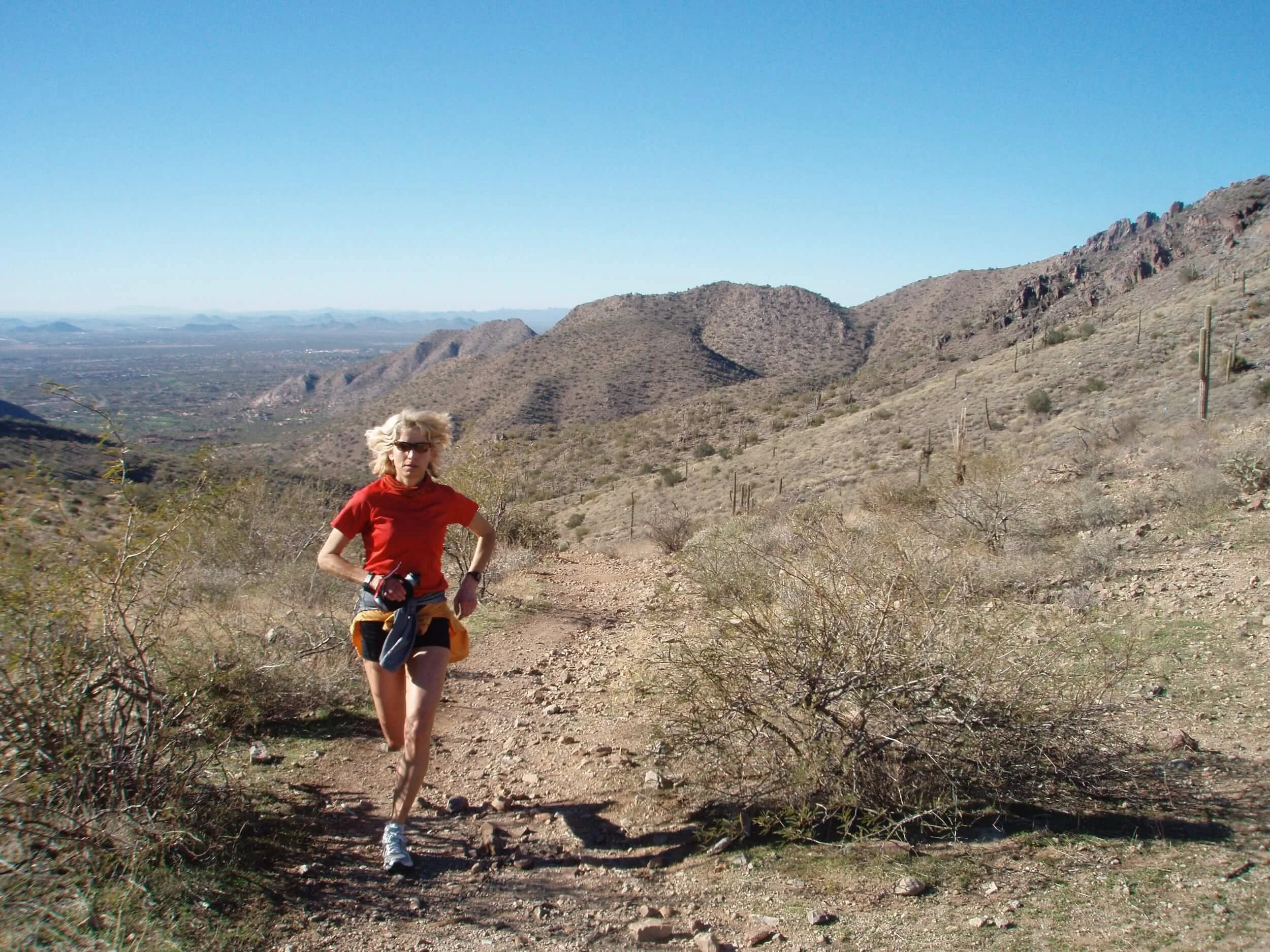Are You Second-Guessing or Learning From the Race?
A client came to me heartbroken after another DNF. She thought she was behind cutoff and wouldn't make the next aid station, so she slowed to a leisurely pace. When she arrived, she was pulled from the race—only to discover she hadn’t actually been behind cutoff and could have made it if she'd kept moving strong.
With multiple DNFs behind her, she worried she'd used faulty math to justify dropping. Had she unconsciously self-sabotaged? And now, examining her race decisions, she feared she was second-guessing herself—something she'd been told she shouldn't do.
But when we dug into it together, I found she wasn't second-guessing at all. She was doing something that takes real mental strength: conducting an honest check-in with herself.
She was examining the thinking that led to her DNF to understand the root cause—was it self-sabotage or an understandable mistake? Looking objectively at what cost her a finish takes guts and honesty. She was asking herself the hard questions without trying to make the answers easier to swallow or being unnecessarily harsh on herself.
She wanted to learn.
The Real Problem
We get so afraid of examining our mistakes and DNFs that we avoid doing it. We're terrified of what we'll find, making it nearly impossible to approach our failures with objective curiosity instead of an agenda to spin the answer in a way that feels better.
How to Tell the Difference
The key difference between second-guessing and checking in is simple: Does the answer move you forward?
Checking in moves you forward: You discover you're either on the right track or you need to change something. Even if the answer isn't what you hoped for, you know what to do next. That clarity creates relief.
Second-guessing keeps you stuck in the past: You spiral through endless repeats of "I should have done something different" without the power to change it. The regret, shame, and disappointment keep cycling without resolution.
The Mental Strength Practice
Checking in with yourself is what mentally strong runners do. You have to want to do it.
But when you do, you find how powerful it is to be honest with yourself about your performance. And that feels good.
So the next time you look back at a race, skip the second-guessing. Instead, examine it in a way that teaches you something. Ask yourself: What can I learn here? What would I do differently? How can this make me stronger in the next race?
It's one of the easiest, most practical ways to build mental strength while moving yourself forward at the same time.
And unlike dwelling on what went wrong, learning from what went wrong gives you something valuable to carry into your next race.

